Shothole in apricot tree
daisy007
10 years ago
Related Stories
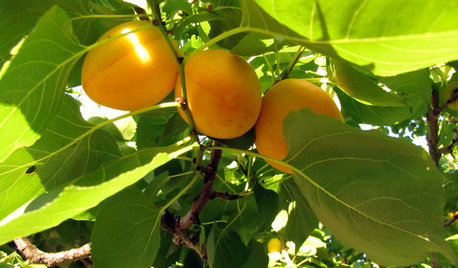
EDIBLE GARDENSHow to Grow Your Own Apricots
Velvety fruit, pretty blossoms and interesting bark make apricot trees a delight — and they’re great for smaller gardens
Full Story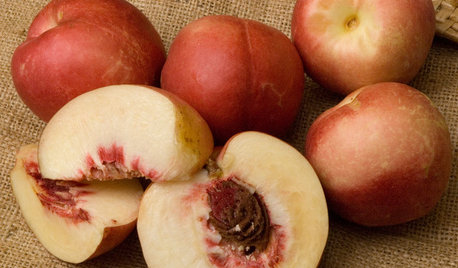
EDIBLE GARDENSGrow Plum Hybrids for Your Favorite Fruit Flavors
Plums are cozying up with apricots, peaches and even cherries — here’s how to grow these hybrids for the best aspects of each
Full Story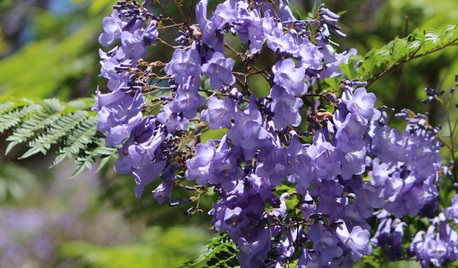
CALIFORNIA GARDENINGCalifornia Gardener's July Checklist
Bite into tree-fresh apricots, inhale delightful garden perfumes and continue planting vegetables for a late-summer harvest
Full Story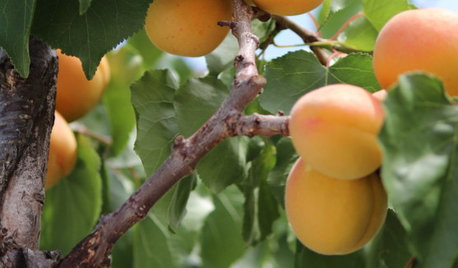
FARM YOUR YARDIf You Have Room for Only One Fruit Tree ...
Juice up a small garden with one of these easier-care or worth-the-effort fruit trees for a mild climate
Full Story
EDIBLE GARDENSHow to Grow 10 Favorite Fruit Trees at Home
Plant a mini orchard in fall, winter or early spring to enjoy fresh-off-the-tree fruit the following year
Full Story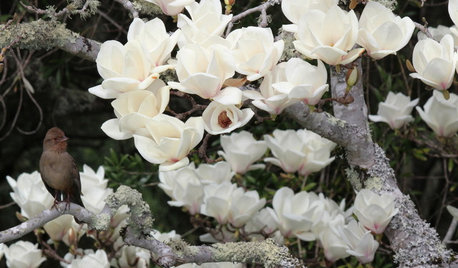
SPRING GARDENING7 Spectacular and Practical Spring-Flowering Trees
Put on a beauteous show in the garden with a landscape tree awash in flowers — just do your homework first
Full Story
ARBOR DAY8 Reasons to Plant a Great Tree
Beauty is its own reward, but the benefits of planting the right tree in the right place go way beyond looks
Full Story
LANDSCAPE DESIGN7 Great Trees for Summer Shade and Fall Color
These landscape-pro faves straddle the seasons beautifully. Could one enhance your own yard?
Full Story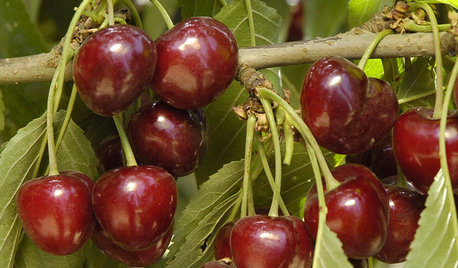
EDIBLE GARDENSHow to Grow Your Own Luscious Cherries
Nope, they’re not the easiest fruit to grow. But with spectacular blossoms and pies as possibilities, cherries are sure worth a try
Full Story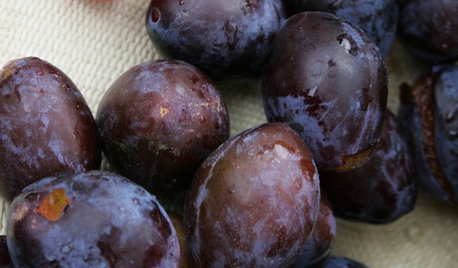
FRUIT TREESHow to Grow Your Own Juicy Plums
Easier than other stone fruits and with a variety of colors to choose from, plums are a versatile garden addition
Full StoryMore Discussions






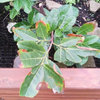

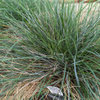
calliope
ken_adrian Adrian MI cold Z5
Related Professionals
Citrus Heights Landscape Architects & Landscape Designers · Foothill Ranch Landscape Architects & Landscape Designers · Allentown Landscape Contractors · Gainesville Landscape Contractors · Pottstown Landscape Contractors · Camp Verde Landscape Contractors · Cary Landscape Contractors · Little Ferry Landscape Contractors · Newberg Landscape Contractors · Parker Landscape Contractors · Pine Hills Landscape Contractors · Thonotosassa Landscape Contractors · Wallingford Landscape Contractors · Irvington Landscape Contractors · Bensenville Landscape Contractorscalliope
ken_adrian Adrian MI cold Z5
calliope
daisy007Original Author
calliope
gardengal48 (PNW Z8/9)
daisy007Original Author
daisy007Original Author
calliope
gardengal48 (PNW Z8/9)
IanW Zone 5 Ont. Can.
gardengal48 (PNW Z8/9)
IanW Zone 5 Ont. Can.